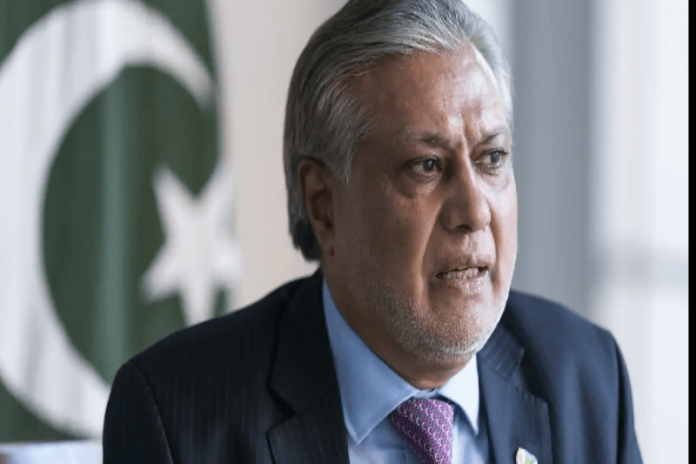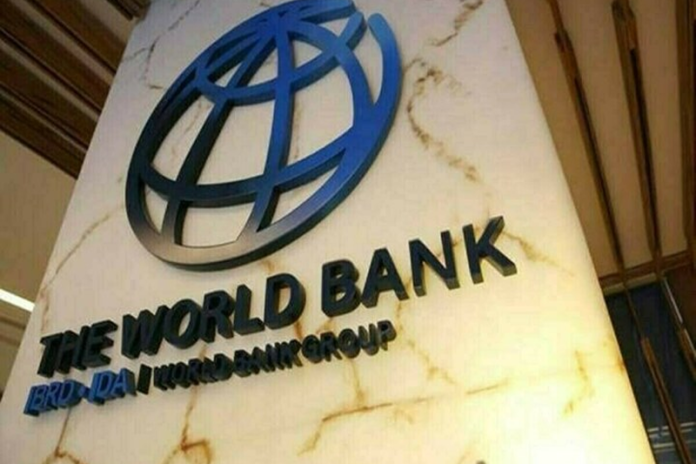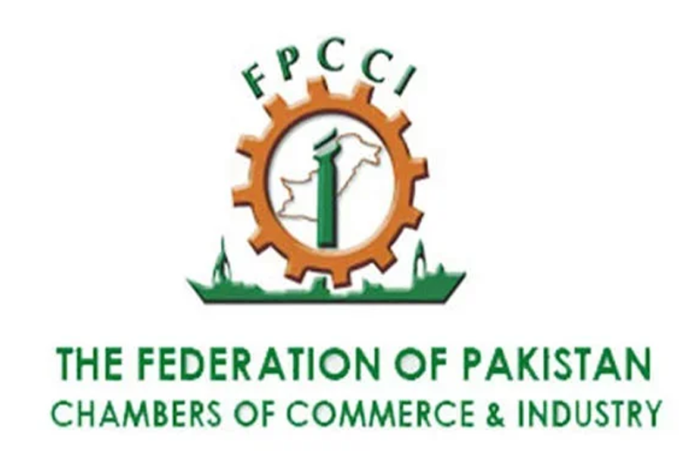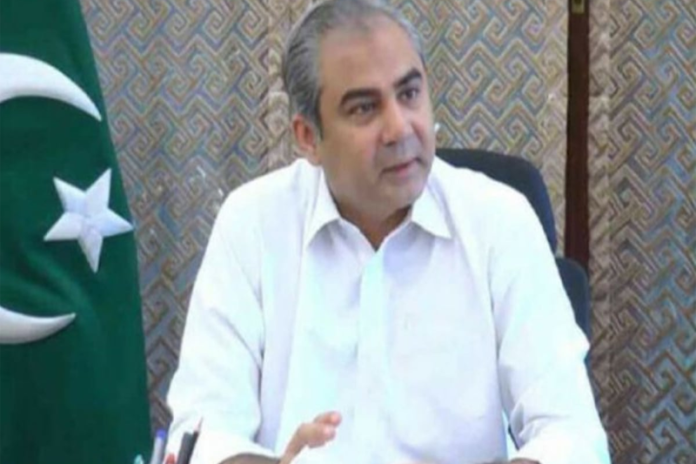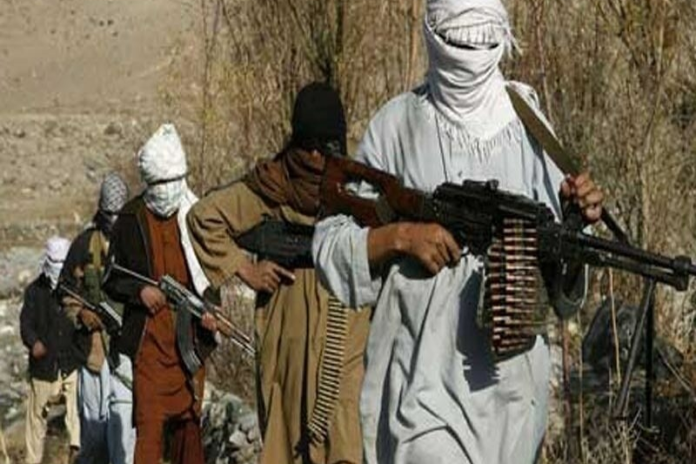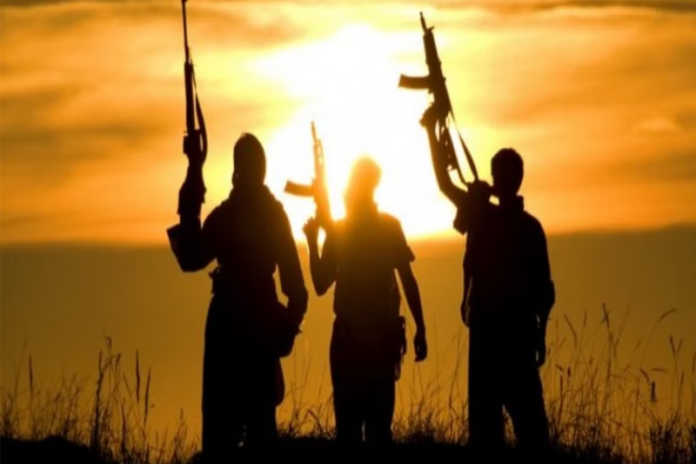Tradition of dowry system and Mahr
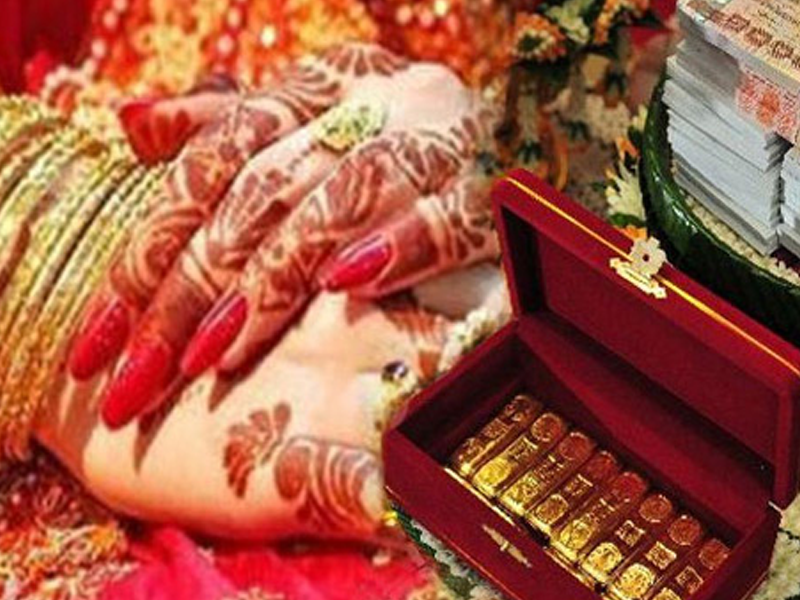
- 328
- 0
We will discuss about tradition and concept of 'Dowry' and 'Mahr' in Islam. Literal meaning of term 'mahr' is dower, however, two terms have some distinct differences. In Muslim law, concept of mahr is to ensure women's financial security.
However, dowry is a social evil. Dowry is generally asked by kin of bridegroom from bride's family as a gift to marriage. Dowry is a universal institution. It is practiced in one form or other by peoples of world. Dowry, which is usually defined as a "gift" given along with bride by a bride's family to bridegroom.
Dowry is mostly given in form of cash, goods or belongings by bride's family to bride in order to catch attention of her in-laws and her husband and moreover after marring would become property of him or his family, which is not practiced in Islam and is against principals of Islam. Islam has no concept of giving dowry, but still in several Muslims custom this tradition seems to be increased. Particularly in regions like Pakistan, India and Bangladesh. In actual fact, custom of giving dowry has never been legitimated by Islam and is not widely spread in Muslims of other ethnicity.
It appears to be replication of previous Hindu custom in which daughters have no share in property of family but were given expenditures that could be in form of households. On contrary daughter in Islam has a full right in their family property and inheritance. Bride's family must give this 'gift' or marriage will not take place. Always price of dowry is set higher than bride's family can afford and sadly this results in bride becoming a burden on her family. Bride's family then struggles to pay 'gift.'
A Muslim father does not have to bother for dowry, as there is nothing called 'Dowry' in Islam. Cultures that demand dowry from bride's family are actually practicing opposite of what Allah has commanded. They have reversed Allah's words in their practice. When woman brings less than negotiated amount, she has to endure constant torture from her in-laws after marriage. When husband or in-laws are not satisfied with dowry brought by bride, they may even go so far as to kill woman after marriage. It is a sad irony that women (mainly mothers-in-law) are oppressive towards other women (daughters-in-law). It is mainly mothers-in-law-to-be who demand dowry from bride's family and who end up torturing daughter-in-law after marriage if she brings less than negotiated amount.
Dowry is continued to be given and taken. Even among educated parts of society, dowry is continued to make an essential part negotiations that take place in an arranged marriage. Originally, purpose of a dowry was to provide "seed money" or property for establishment of a new household as beginning of new life, to help a husband feed and protect his wife and to give wife and children some support if he were to die which is totally against Islam. On contrary, Islam orders groom to give a 'Mehar' or 'Dower' as a token of love and assurance to his would be wife at time of marriage.
In literal sense, Arabic term 'mahr' means dower. It is a sum of money that becomes payable by husband to wife on marriage. Mahr is executed either by agreement between parties or by operation of law. Various jurists have tried to define mahr. In fact without payment of this sum, marriage cannot get solemnized. Holy Qur'an instructs believers: "Give women 'you wed' their due dowries (Mahr) graciously. But if they waive some of it willingly, then you may enjoy it freely with a clear conscience." (Quran 4:4) Mahr can be any kind of money, property or service (including memorising Qur'an).
This implies that it needs to be simplified for groom according to his condition. Once marriage has been consummated, mahr belongs solely to wife. There is no stipulated amount for mahr, but according to Sunnah its value can be 400 dirhams of silver and this was mahr of the daughters and wives of Prophet (Peace Be Upon Him). Abu Dawood (2125) and al-Nasaa'i (3375) narrated from Ibn 'Abbaas that 'Ali said: "I married Faatimah (may Allaah be pleased with her) and said: 'O Messenger of Allaah, let me go ahead with marriage.' He said: 'Give her something.' I said: 'I do not have anything.' He said: 'Where is your Hutami shield?' I said, 'I have it with me.' He said, 'Give it to her.'" (Classed as saheeh by al-Albaani in Saheeh al-Nasaa'i, 3160.) In Holy Quran, (An-Nisaa' 4:24) it is clearly said that "And all married women [are forbidden to you] except those whom your right hands possess. (This is) Allah's ordinance to you.
And lawful for you are (all women) besides those, provided that you seek (them) with your property, taking (them) in marriage not committing fornication. Then as to those whom you profit by, give them their dowries as appointed and there is no blame on you about what you mutually agree after what is appointed; surely Allah is Knowing Wise.]". Concept of mahr in Islamic law is beneficial for woman. It safeguards financial security so that is not left helpless after death of husband or after termination of marriage. It also places a check on capricious use of divorce by husband. It is also believed that mahr is a pivotal custom in marriages of Muslims.
Published in The Daily National Courier, September, 28 2022
Like Business on Facebook, follow @DailyNCourier on Twitter to stay informed and join in the conversation.














